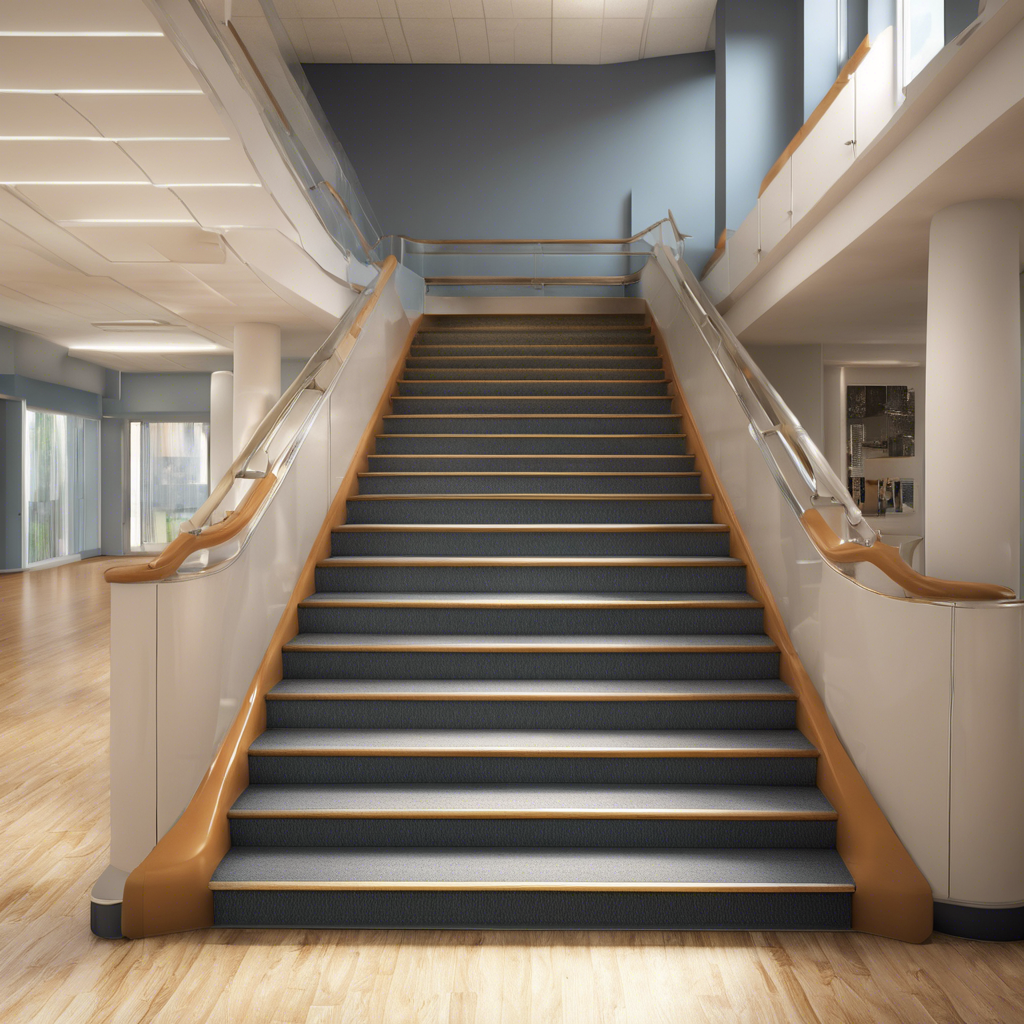"Is It Time for a Stairlift? Signs to Consider for Better Mobility and Safety at Home"
- Jan 22, 2021
- 2 min read
Updated: Jun 10, 2024
As we age or face mobility challenges, simple tasks like climbing stairs can become daunting obstacles. This is where the importance of accessibility solutions, such as stairlifts, comes into play. But when is the right time to consider installing a stairlift in your home? Let's explore the factors that indicate it might be time to embrace this assistive technology and regain independence within your own living space.
The Significance of Stairlifts

Stairlifts can significantly improve the quality of life for individuals facing mobility challenges. These innovative devices provide a safe and convenient way to navigate stairs without the risk of falls or overexertion. By installing a stairlift, individuals can continue to enjoy all levels of their home without limitations, fostering independence and enhancing overall well-being.
Recognising the Need for a Stairlift
Several indicators suggest that it might be time to consider installing a stairlift in your home:
If climbing stairs has become physically challenging or poses a risk to your safety, a stairlift can offer the support needed to move between levels effortlessly.
If you've experienced near-misses or falls while navigating stairs, a stairlift can provide a secure and stable transportation method, reducing the risk of accidents.
If stairs hinder your ability to perform everyday activities, such as accessing essential rooms or facilities in your home, a stairlift can restore your independence and make daily tasks more manageable.
Enhancing Home Accessibility with Stairlifts

Stairlifts come in various designs, including straight or curved tracks, to suit the layout of your staircase. These assistive devices aim to make homes more accessible and inclusive, allowing individuals to age in place with dignity and comfort.
Empowering Independence and Quality of Life
By considering a stairlift at the right time, you're making a proactive choice to enhance your independence and quality of life. These assistive devices not only address immediate mobility challenges but also provide peace of mind to both users and their families. With a stairlift installed, you can confidently navigate your home without the fear of physical limitations holding you back.
Conclusion: Embracing Accessibility and Independence
Choosing to install a stairlift is not just a practical decision but a transformative step toward reclaiming independence within your home. By recognising the signs that indicate the need for a stairlift and embracing the assistive technology available, you're prioritising your well-being and opening doors to continued freedom and accessibility. Remember, it's never too early to consider enhancing your living space with solutions that support your mobility, safety and comfort.
In the journey towards improved accessibility and independence, stairlifts play a pivotal role in empowering individuals to navigate their homes with ease and confidence. By understanding the right time to consider a stairlift and recognising the benefits it offers, individuals can make informed decisions that positively impact their everyday lives.

























Comments